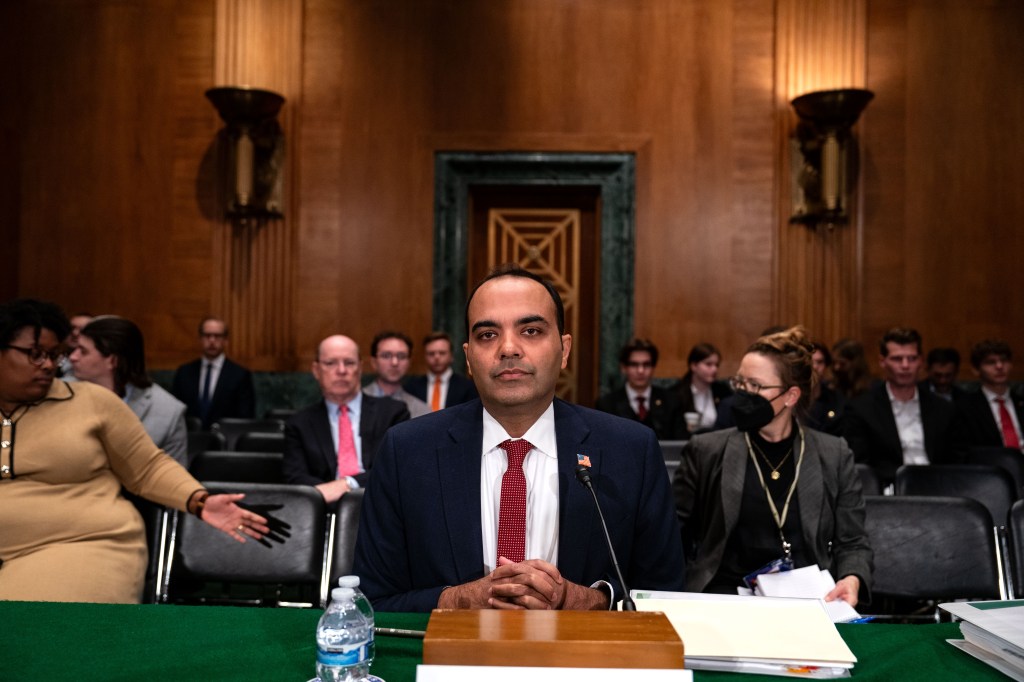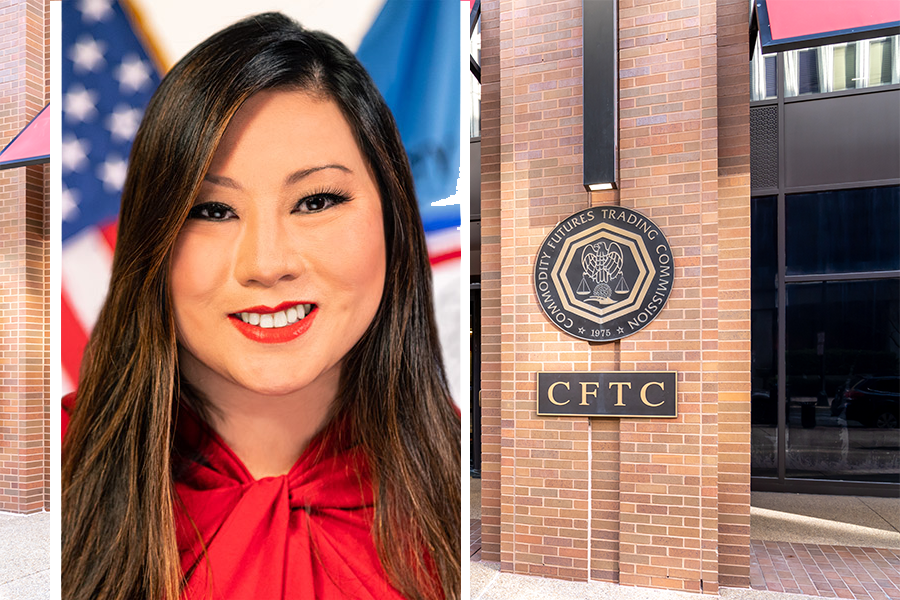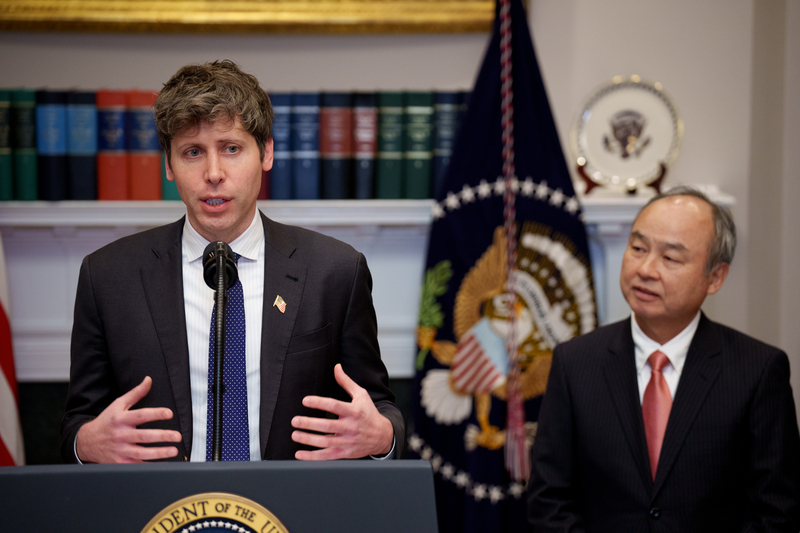Amsterdam-based medical device company Koninklijke Philips N.V. (Philips) agreed last Thursday to resolve its Foreign Corrupt Practices Act (FCPA) enforcement action by paying the SEC $62m for violations that occurred in China.
The SEC charged Philips in an administrative order with violating the FCPA’s books and records and internal accounting controls provisions.
The company settled without admitting or denying the SEC’s findings. It agreed to pay a civil penalty of $15m and $47.1m in disgorgement and pre-judgment interest.
The company is a repeat offender, having settled charges with the SEC over FCPA violations in April 2013.
Facts outlined in the order
According to the SEC, between 2014 and 2019, Philips’ subsidiaries in China used “special price discounts” with distributors of the company’s medical diagnostic imaging equipment that created risks of improper payments to Chinese government officials.
Employees, distributors, or sub-dealers of Philips’ China subsidiaries also engaged in improper conduct to influence hospital officials to draft technical specifications in public tenders to favor Philips’ products, the SEC said.
In one example the agency provided from 2017, Philips was bidding on a $4.6m contract for healthcare imaging equipment.
To improve the company’s chances of getting the contract, a Philips China district sales manager for Hainan Province delivered approximately $14,500 to the home of a director of the hospital’s radiology department, in return for the director’s assistance in the procurement process.
“Despite remediation done in connection with its prior violations, Philips nevertheless failed over the course of several years to implement sufficient internal accounting controls with respect to its sales of medical technology products in China.”
Charles Cain, Chief, SEC Enforcement Division FCPA Unit
The sales team discussed the specifications to be included in the bid with the relevant hospital director, and its distributor prepared an accompanying bid with another manufacturer’s products.
Back at the Philips offices, these discount requests from the distributors were governed by weak approval processes and characterised by incomplete documentation. Nor did Philips China enforce due diligence and training procedures for its distributors, or conduct adequate testing in high-risk areas of sales to identify control failures.
Compliance issues
In 2013, the SEC had said that employees of Philips’ subsidiary in Poland “made improper payments to public officials of Polish healthcare facilities in at least 30 bids to increase the likelihood that public tenders for the sale of medical equipment would be awarded to Philips” – a fairly similar fact pattern to the one presented in this 2023 SEC order.
Charles Cain, Chief of the SEC Enforcement Division’s FCPA Unit commented on that fact, saying: “Despite remediation done in connection with its prior violations, Philips nevertheless failed over the course of several years to implement sufficient internal accounting controls with respect to its sales of medical technology products in China.”
The SEC takes recidivism seriously when considering enforcement actions, but the Department of Justice has also been quite vocal about that topic, making me wonder why it did not bring charges here.
This is true especially since the company divulged it was being investigated by both the DOJ and the SEC in an SEC 20-F filing back in February. And the company had other aggravating factors besides recidivism working against it, such as higher-level managers participating in the misconduct.
The compliance and legal teams at Philips were certainly on notice from their first run-in with the FCPA that the business’s bidding processes needed a complete overhaul, and that far closer supervision was required of the discounts paid, their amounts and the rationale for these, along with the approvals obtained for them.
Key compliance lessons around tenders
If a distributor says it is getting discounts from your competitors, there should be proof of that submitted and reviewed by sources outside of the department handling the bidding.
Businesses must keep records of the conversations, the terms, details of the reasons for any discrepancies between retail prices and discounted ones, and the proof supplied to support those requests for discounts.
The more frequent in number and the larger in value these requested discounts are, the more numerous the red flags. Something has likely gone awry – especially so if, as in this case, the discounts are being offered in a region where the government owns the hospitals. The company needs to insist on clear and unequivocal answers to questions from the employees and any vendors involved along with all relevant documentation.
Then, following a thorough investigation, it should proceed to repair any internal processes that have proved inadequate or weak. In particular close attention should be paid to what corporate parties and departments (like compliance, legal, procurement, audit, etc.) are reviewing the requests and attendant documentation, and how concerns can be escalated?
Questions to answer
And the company needs to have answers to another question: Are risk assessments structured in such a way that certain distributors are paid closer attention to based on their lack of willingness to provide proof of their assertions and along with evidence of payments that are out of line with the norms? A multi-national conglomerate may be processing a large number of orders on a daily basis, being able to rate transactions and/or distributors on the basis of the risk that they potentially involve can be a very effective way of prioritising those that should be scrutinised more closely by the relevant departments.
There is no mention of technology here, but there certainly are tech tools out there that help you track your payment flow, your approvals of payments, who did what in the chain of supervising the transaction, what documents attach to the decision, and how concerns that were raised by key functions have been resolved. All of this is then archived for future reference, which helps when the regulator comes calling.
The business must also make sure all those involved in transactions that are potentially susceptible to manipulation are trained on how to abide by the company’s policies and procedures. And finally, even where those two important ingredients – trained people and clear policies – are in place, internal controls should also be tested for their effectiveness to ensure that checks and controls extend beyond those responsible for the deal.













